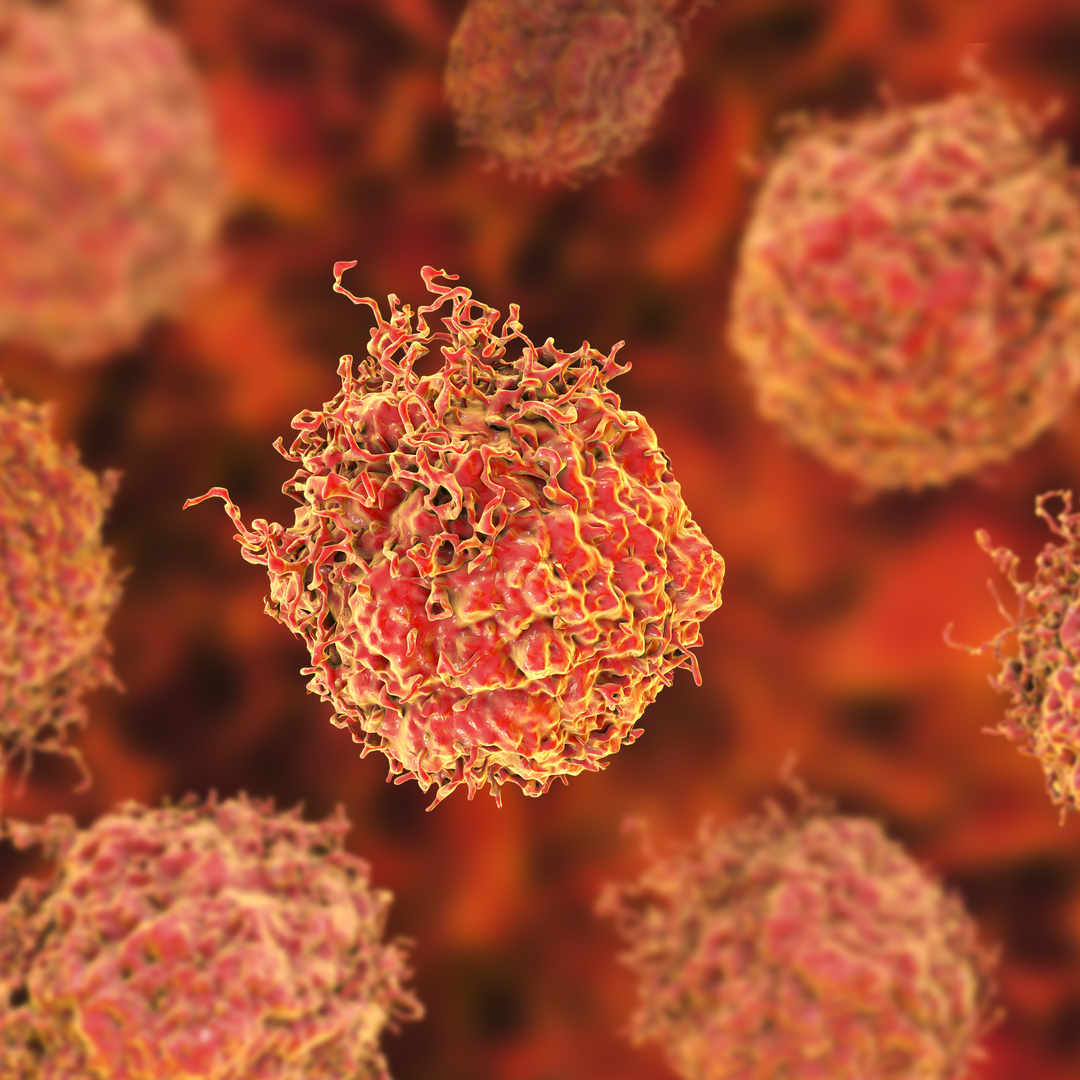Impacts of combining anti-PD-L1 immunotherapy and radiotherapy on the tumour immune microenvironment in a murine prostate cancer model
Authors: Yiannis Philippou, Hanna T. Sjoberg, Emma Murphy, Said Alyacoubi, Keaton I. Jones, Alex N. Gordon-Weeks, Su Phyu, Eileen E. Parkes, W. Gillies McKenna, Alastair D. Lamb, Uzi Gileadi, Vincenzo Cerundolo, David A. Scheiblin, Stephen J. Lockett, David A. Wink, Ian G. Mills, Freddie C. Hamdy, Ruth J. Muschel & Richard J. Bryant
Abstract BackgroundRadiotherapy enhances innate and adaptive anti-tumour immunity. It is unclear whether this effect may be harnessed by combining immunotherapy with radiotherapy fractions used to treat prostate cancer. We investigated tumour immune microenvironment responses of pre-clinical prostate cancer models to radiotherapy. Having defined this landscape, we tested whether radiotherapy-induced tumour growth delay could be enhanced with anti-PD-L1. Methods
Hypofractionated radiotherapy was delivered to TRAMP-C1 and MyC-CaP flank allografts. Tumour growth delay, tumour immune microenvironment flow-cytometry, and immune gene expression were analysed. TRAMP-C1 allografts were then treated with 3 × 5 Gy ± anti-PD-L1. 3 × 5 Gy caused tumour growth delay in TRAMP-C1 and MyC-CaP. Tumour immune microenvironment changes in TRAMP-C1 at 7 days post-radiotherapy included increased tumour-associated macrophages and dendritic cells and upregulation of PD-1/PD-L1, CD8+ T-cell, dendritic cell, and regulatory T-cell genes. At tumour regrowth post-3 × 5 Gy the tumour immune microenvironment flow-cytometry was similar to control tumours, however CD8+, natural killer and dendritic cell gene transcripts were reduced. PD-L1 inhibition plus 3 × 5 Gy in TRAMP-C1 did not enhance tumour growth delay versus monotherapy. Conclusion
3 × 5 Gy hypofractionated radiotherapy can result in tumour growth delay and immune cell changes in allograft prostate cancer models. Adjuncts beyond immunomodulation may be necessary to improve the radiotherapy-induced anti-tumour response.
Reference: Philippou, Y., Sjoberg, H.T., Murphy, E. et al. Impacts of combining anti-PD-L1 immunotherapy and radiotherapy on the tumour immune microenvironment in a murine prostate cancer model. Br J Cancer (2020). Retrieved from https://www.nature.com/
Product Highlights:
The authors used Bio X Cell's anti-mouse PD-L1 (B7-H1) (clone 10F.9G2) and mouse IgG2b isotype control (clone MPC-11) in this research study.

